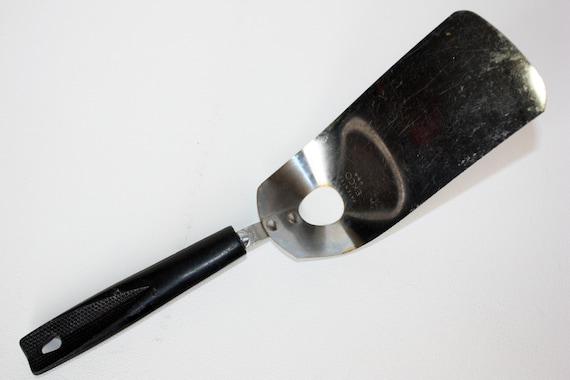

The Discourse of Broadcast News will be a key resource for anyone researching the news, whether they be students of language and linguistics, media studies or communication studies. Fully illustrated with examples and including detailed examination of the high profile case of ex-BBC journalist Andrew Gilligan, The Discourse of Broadcast News provides a comprehensive study which will challenge our current assumptions about the news. Using close analysis of the discourse of television and radio news, the book reveals how important conventions for presenting news are changing, with significant consequences for the ways audiences understand its truthfulness.


Drawing principally on linguistics, but multidisciplinary in its scope, The Discourse of Broadcast News demonstrates that news programmes are as much about showing as telling, as much about ordinary bystanders as about experts, and as much about personal testimony as calling politicians to account. In this timely and important study Martin Montgomery unpicks the inside workings of what must still be considered the dominant news medium: broadcast news. This article looks at the diversification of the genre of the cooking show in its transition to the internet, first by investigating strategies of formality or informality ( Irvine 1979, 2001 ), then by exploring a particular spoof show, Cooking with Paris, as an example of how genre conventions are manifested by undermining. The blurring of the Goffmanian concepts ‘front-’ and ‘backstage’ are important here in the presentation of self as ‘fake’ or ‘real’ person on the web. The presentation of self ( Goffman 1959 ) takes on many forms in everyday life, but the possibilities of publicly managing one’s own impression have enormously increased on the largest stage in the world, the internet (cf. The initial principally instructional character has given way to more entertaining sub-genres, including parodic ones, that is, ‘spoof cooking shows’ on the internet. In its long presence on television and the internet, the genre of the cooking show has changed and diversified significantly. Bloopers provide an outlet for play on frontstage as well. While a form of backstage discourse, bloopers support frontstage performance by heightening the celebrity chef’s unique attributes. These shows present cases of bloopers that occur in live and edited scenes, during the cooking demonstration, and pre- and post-filming. Drawing on Goffman’s concepts of ‘backstage’ and ‘frontstage,’ this paper analyzes bloopers on five American instructional cooking shows: The French Chef with Julia Child, considered one of the first celebrity chefs on television, and four contemporary how-to cooking shows from Food Network. Often embarrassing and humorous, bloopers are moments when the celebrity chef’s performance is flawed with cooking errors or misspoken words. Bloopers are short clips of mistakes that are typically removed from the media narrative. Television instructional cooking shows provide a platform for discussion around the performance of self, with bloopers and backstage scenes revealing the best qualities of the celebrity chef’s personality despite the risk of face loss.


 0 kommentar(er)
0 kommentar(er)
